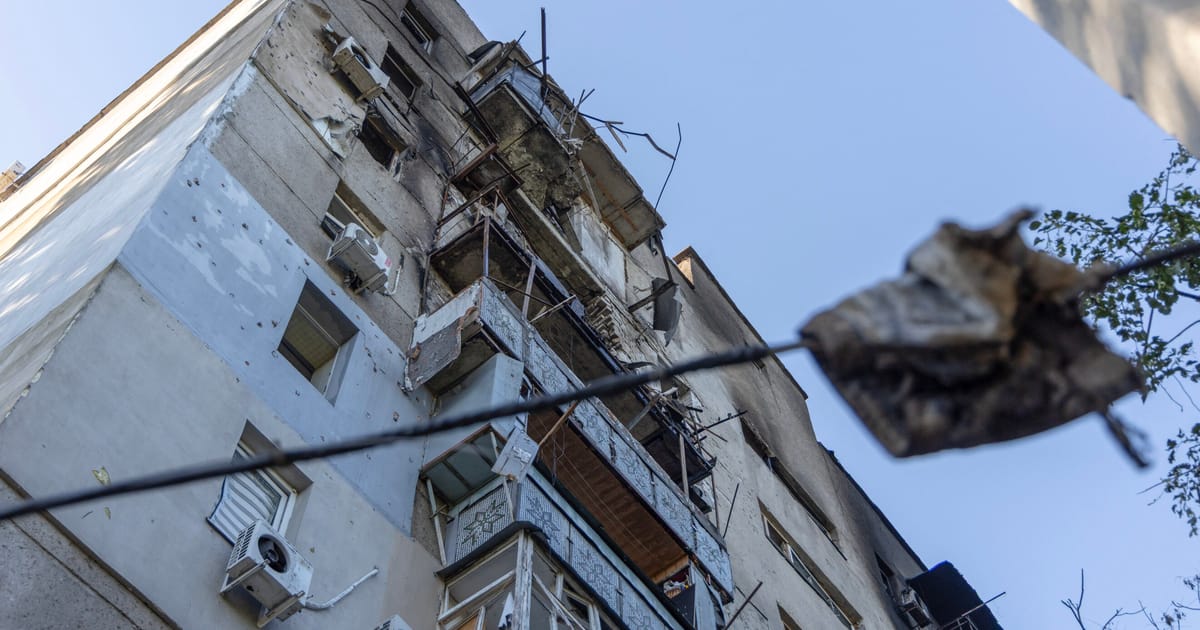

In a rapidly changing world, recent events have cast a spotlight on regions grappling with conflict, yet striving for peace. From Eastern Europe to the Middle East, these unfolding narratives present both challenges and hopeful engagements as affected communities and involved parties seek stability and resolution.
In Ukraine, a significant escalation occurred with Russia launching an expansive aerial assault targeting major urban centers. According to the Ukrainian President, over 300 drones and 30 missiles were deployed, marking the attack as one of the most substantial in recent times. The city of Pavlohrad, a strategic hub in the Dnipropetrovsk region, endured a six-hour bombardment that caused extensive damage, including the destruction of a factory and residential buildings. These developments underscore the ongoing intensity of Ukraine’s conflict where resolutions are eagerly anticipated by global onlookers.
In the Caribbean, Trinidad and Tobago has declared its second state of emergency of the year, prompted by emerging threats from organized crime gangs. Authorities have received intelligence suggesting the formation of a syndicate intent on executing grievous acts, including robbery and kidnapping. The commissioner of police emphasized the potential severity of these threats, leading to immediate action to safeguard the public. This proactive governance points to the commitment of Caribbean nations to tackle crime and secure peace for their citizens.
Turning to the Middle East, tensions have again flared in Gaza, where clashes between Palestinians and Israeli forces resulted in tragic casualties. The region saw at least 32 Palestinians dead following incidents near humanitarian aid distribution hubs. This somber situation is a stark reminder of the delicate nature of regional relations and the profound need for humanitarian interventions that prioritize safety and wellbeing amid conflict.
In parallel, Syria is navigating its own tribulations with ongoing issues in its southern province of Sweida. The area, predominantly inhabited by the Druze community, has witnessed ongoing violence despite the government’s declaration of a comprehensive ceasefire. Bedouin and Druze groups remain at odds, with the resulting violence claiming significant lives. As Syria faces internal strife, it also contends with diplomatic pressures and external influences. The international community is urged to continue its supportive role, fostering dialogues that lead to sustainable peace.
Despite the challenges, these situations demonstrate the resilience of communities and the persistent efforts of leaders and diplomats around the world. Through collaboration and commitment to dialogue, there exists the hope that ongoing conflicts can transition into pathways for peace and stability. It is through understanding and mindful engagement that solutions may be achieved, nurturing a global landscape where harmony prevails.
Source: {link}
